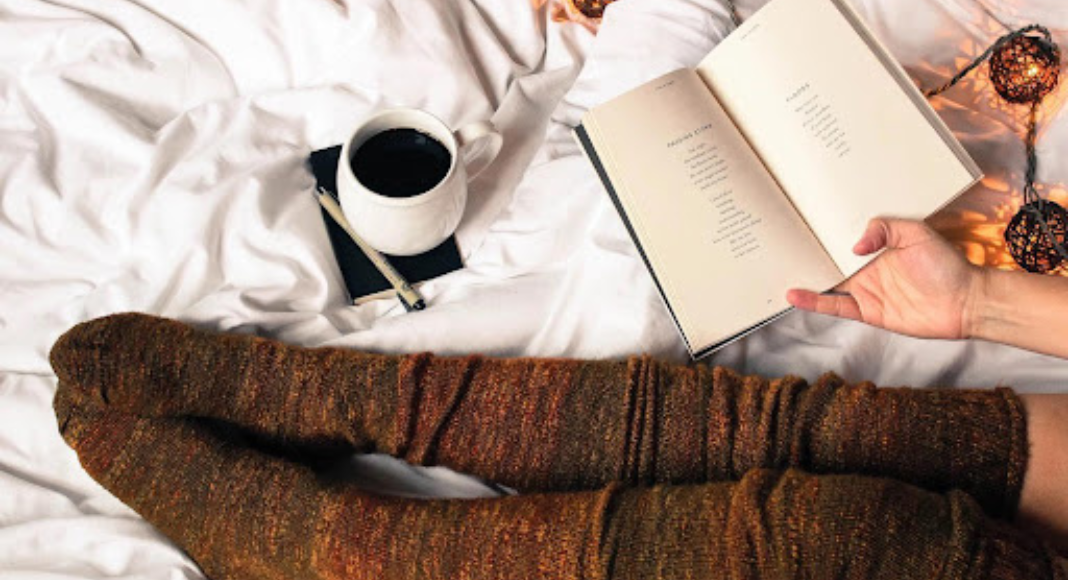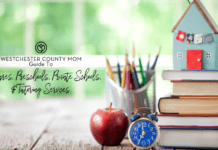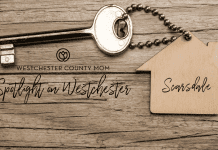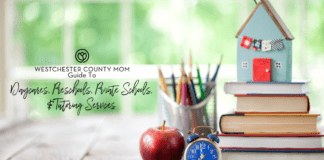 The holiday season is a time of joy and happiness, but for many, this time of year can also present challenges and cause stress. Without proper coping mechanisms, we may act out of place when we feel overwhelmed. In these events, we may behave in a way that causes tension or say things that may hurt the feelings of the people we love.
The holiday season is a time of joy and happiness, but for many, this time of year can also present challenges and cause stress. Without proper coping mechanisms, we may act out of place when we feel overwhelmed. In these events, we may behave in a way that causes tension or say things that may hurt the feelings of the people we love.
These challenges, however, offer us the opportunity to teach, learn, and grow. When we practice healthy coping with stress, we promote self-care, self-kindness, and self-compassion.
What is self-compassion? Self-compassion is when we are kind to ourselves, accept our faults, recognize things as they are, and care for ourselves. Self-compassion empowers us to be kinder, less judgmental, and more patient with ourselves and others. It enhances our ability to be more psychologically flexible and resilient. Practicing mindfulness strengthens our self-compassion by quieting the mind and allowing us to gain perspective while shifting our mindsets to a healthier and more positive outlook. Having clear thoughts and an open mind supports us in living a more peaceful and balanced life.
By incorporating creative expression into our lives, we allow ourselves the space to clarify our emotions and understand our behaviors. Creativity allows us to align our actions with our values and priorities. If we are not working towards wholeness, we will find it difficult to give ourselves a chance to live fully and peacefully. Since we cannot avoid or escape pain, we can learn to accept our pain and discover ways to cope by learning to live a wholesome life with self-compassion.
The following list of coping skills is divided into categories. These categories emphasize the importance of having various tools to help us through difficult situations or feelings while teaching us how to deal with stress. While looking through the lists, keep in mind the following:
- Experiment with different techniques to find a few that work best for you.
- Try the methods when you feel calm and relaxed so you can easily tap into them during anxiety.
- It is best to incorporate these techniques into your daily routine.
- Notice that none of these techniques involve social media.
Coping Skills to Practice for Life
Active:
- Walk, hike, or run
- Practice yoga or stretch
- Jumping jacks
- Run in place
- Put music on and dance
- Bounce or kick a ball
- Jump rope or hula hoop
- Squeeze a stress ball
- Go for a bike ride
- Play a family game of tag or basketball
Relaxing:
- Meditate
- Listen to calming music
- Take deep breaths: breathe in on the count of 7 and out on the count of 7
- Think of a calm, happy place
- Tense and relax your muscles
- Have a drink of cold water or some warm tea
- Close your eyes and count to 10 or backward from 100
- Read a book or magazine
- Light a candle
- Journal
- Take a bath or shower
- Blow bubbles
- Hug a stuffed animal
- Go outside and notice the changes that happen in nature
Creative:
- Color, draw, paint
- Write a poem: Mary Oliver is a poet to explore
- Make up a song
- Play an instrument
- Write about your thoughts or feelings. Art Activity: My Feelings Cube
- Play with play-doh
- Build with LEGOS or blocks
- Play with different textures, such as dry rice or shaving cream
- “I Am” affirmations Art Therapy Activity
- Create a vision board
- Cut pictures out of magazines and create a story or make a collage
- Go outside and do a Plein air painting which is the act of painting outside: Monet is an artist to explore.
Social:
- Play a game with the family
- Call/Facetime a friend or relative
- Cuddle or play with your pet
- Share your feelings with someone you trust
- Read a book
- Volunteer your time to help/serve others
- Having a connection with the community builds relationships: cub scouts, girl scouts, sports, music, arts, theater
Strategies to shift your mindset:
- Think of something positive
- Focus on one thing you are grateful for
- Close your eyes and think about something you are looking forward to
- Look at pictures or think about a happy memory
- Focus your energy on the present moment
- Think about something that makes you laugh
- Create a time capsule with your favorite artwork, homework, report cards, and pictures from the past year
- Practice reframes: Instead of “I am stuck at home,” try “I am lucky that I am healthy and safe at home.” Reframing Art Therapy Activity
- Focus on what you can control: sometimes, just having a plan can help us feel calmer
Learn more about Art Therapy and Lynn Cukaj, Board Certified Art Therapist, at www.CreativeExpressionsConsulting.com
Lynn Cukaj is an art therapist, educator, and counselor. She works with children to help them gain insight into their strengths. Those strengths are then supported to help with the presenting problem, friendship issues, identification and regulation of feelings, communication skills, etc. This process is done by using art or talking, whichever is more comfortable for the child.




















